2023 Naval Academy Science & Engineering Conference
https://www.usna.edu/NASEC/NASEC_2023_Program.pdf
Our team had a great time at the Naval Academy!
We got to listen to speakers regarding topics from bioethics ("right to know" and concerns with prenatal genome sequencing), former forensics work at the FBI, genetic epidemiology research on hyperemesis gravidarum (extreme form of morning sickness for pregnant women), US Public Health/Service/CDC work on mitigating ebola and nipah virus epidemics, Lockheed Martin biosynthetic work, initiatives with CRISPR/Cas9 gene editing technology in agriculture and medicine for the Innovative Genomics Institute, and listened to a forrestal lecture by Dr. Monica Bertagnolli (director of National Cancer Institute and next NIH director) on the importance of health beyond our genetic code and the importance of growing genetic databases (with identifier privacy) to further research pursuits for the US. I personally found that each of these presentations held their own mark on the theme and really added to the discussion on how we interpret, currently use, and develop our ideas for the future in genetic research and technology to solve major human health and scientific challenges.
We got to meet our peers from US civilian students conducting different research at their universities and met students from military academies in the US (Naval Academy, West Point, etc.) and foreign students visiting from Japan and Georgia in particular. We got to speak with our peers in discussion groups after every speaker session and put together a presentation of our thoughts to share with other groups at the end of the conference. We got a tour of the Naval Academy campus, watch midshipmen arrange in formation prior to lunch before Bancroft Hall (largest dormitory in the US), and got to eat lunch with the midshipmen at King Hall.
There was also a poster session in which Will and Norman presented their research. Will's research involves "dissecting the genetics of complex traits in interspecific yeast crosses between saccharomyces cerevisiae and its sister species S. paradoxus and suppressing mismatch repair during meiosis to obtain recombinant F1 hybrids backcrossed with S. cerevisiae for analysis using Quantitative Trait Loci mapping." He has worked in the Lang Lab (Dr. Gregory Lang) for almost 2 years in the Biological Sciences department. He is an IDEAS student pursuing his degree in Molecular Biology and Biocomputational Engineering. His poster session picture I have shared with you.
Norman's research involves his work as a Global Social Impact Fellow where "the SicklED team has developed an affordable, point-of-care, lateral flow screening device able to test if an individual has sickle cell disease (SCD) to identify whether they have SCD, carry the trait, or do not carry the trait. Their goal in the next few years is to implement the device as a standard neonatal screening procedure to lower the high mortality rate due to SCD in low-to-middle income countries including Sierra Leone." He is currently pursuing a BS dual degree in BIOE and CSE and a MS in CSE by 2025 at Lehigh. Norman will share his poster session picture in accompaniment with this email.
Fiona is a senior pursuing a BASc in Behavioral Neuroscience and currently conducts research in the Iovine Lab (collaborates with Skibbens Lab) to investigate the phenotypic effects and mechanistic pathways of cohesion disorders and their relationship to birth defects caused by maternal thalidomide consumption during pregnancy. For myself, you have the details but you can just mention that I am a BIOE doing research with the Jedlicka Lab in single-walled carbon nanotube uptake for neural stem cell differentiation to identify critical protein pathways.
-Isabella Federico, B.S. Bioengineering, '24
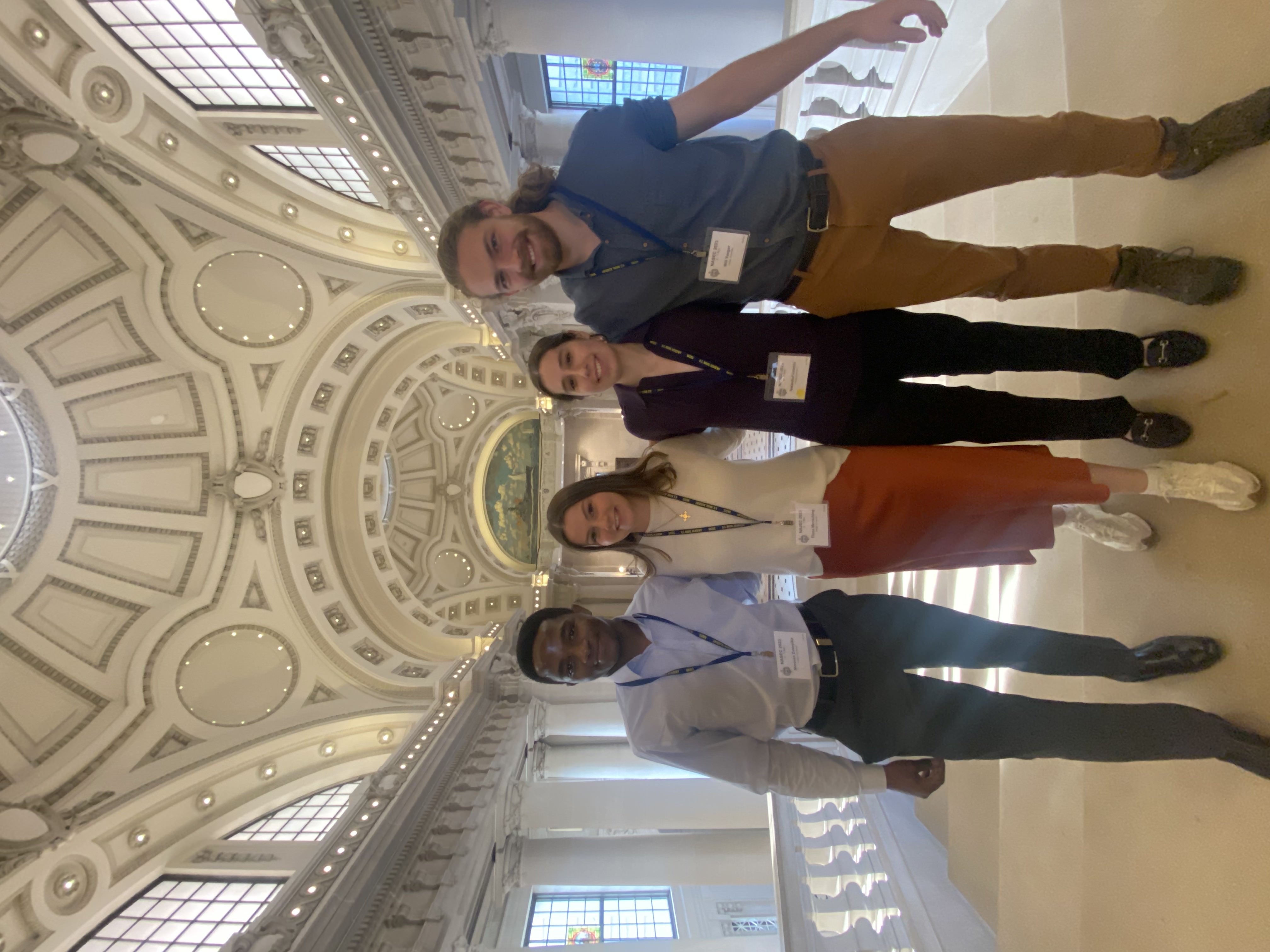
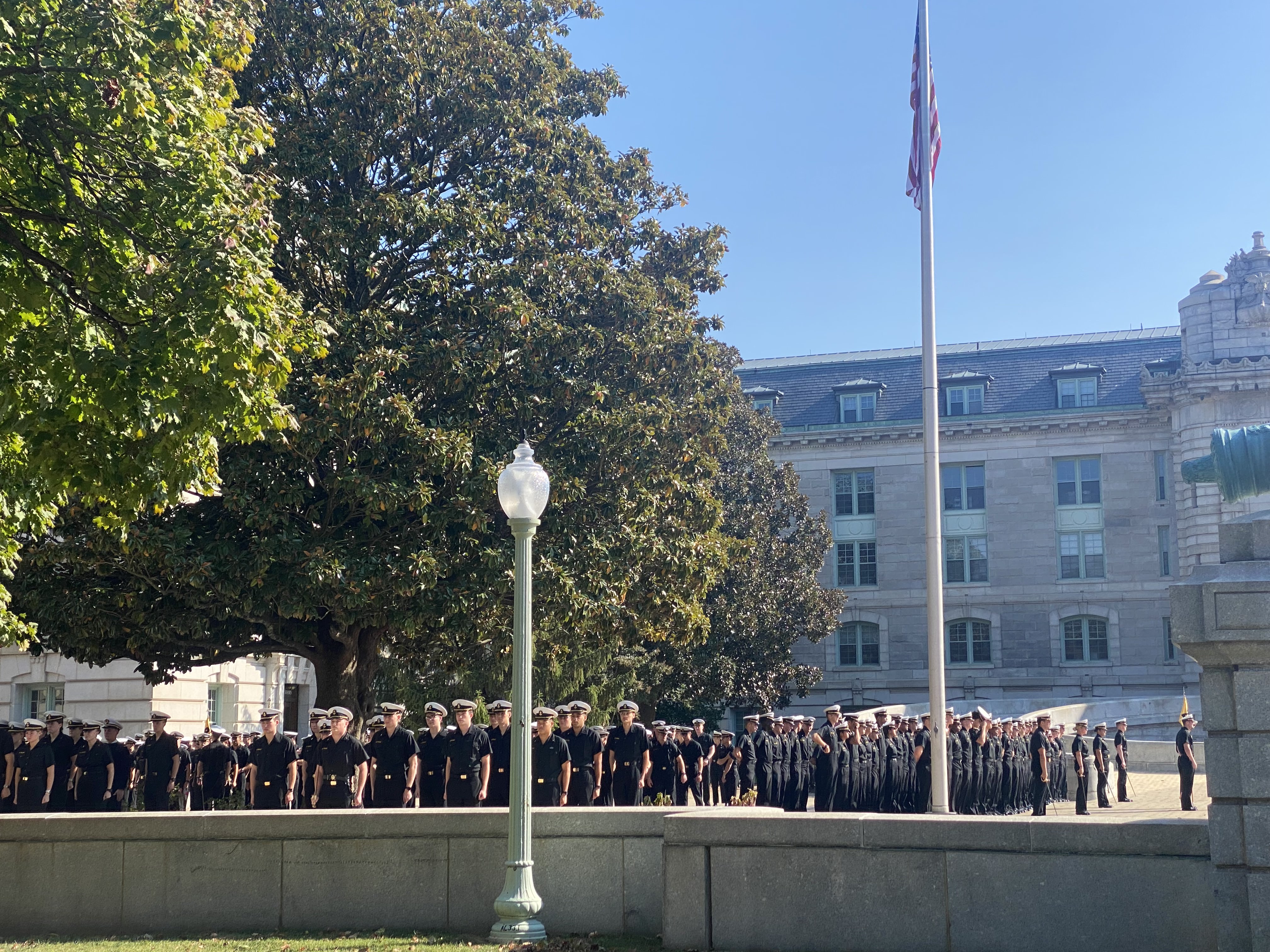
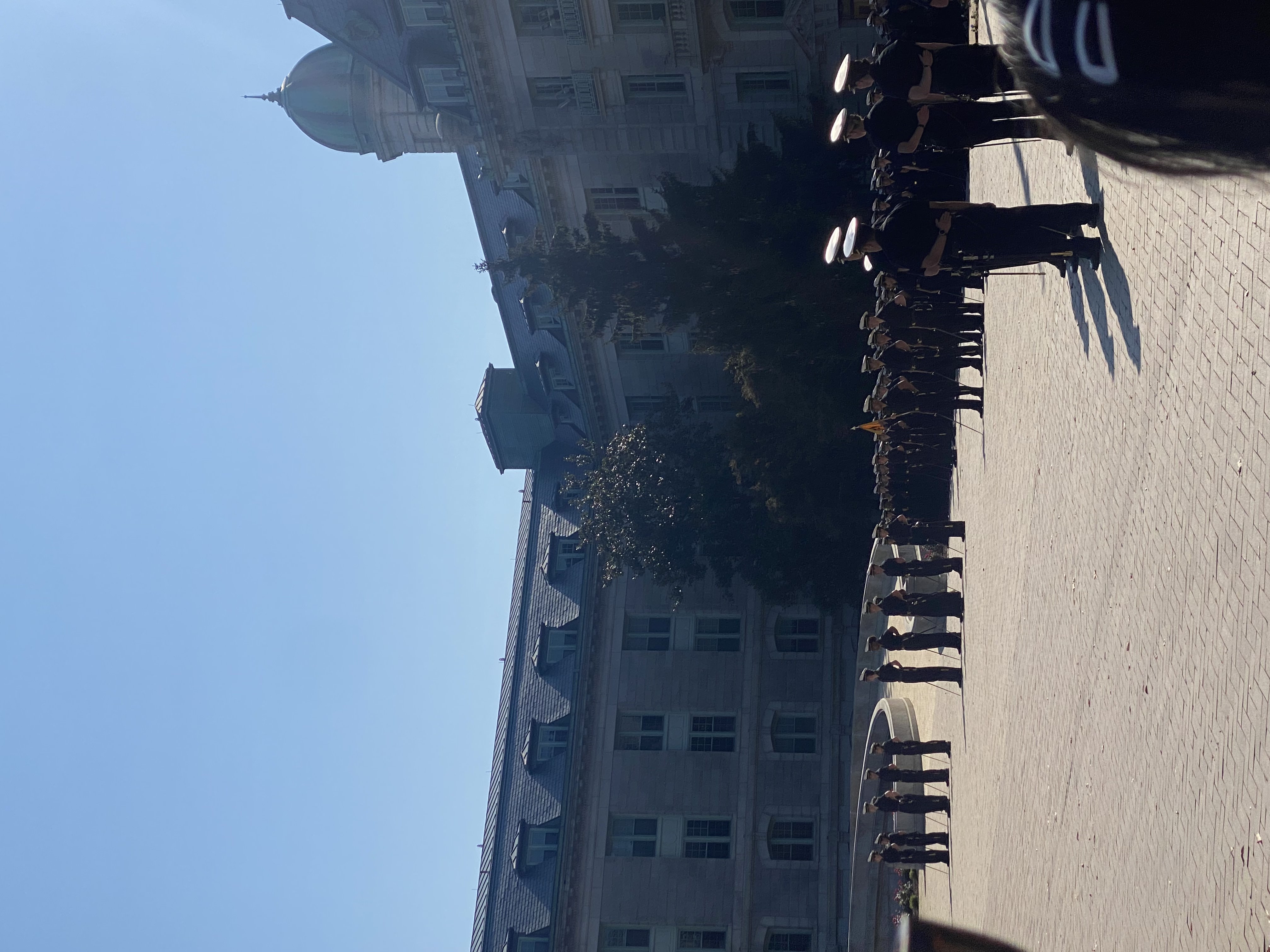
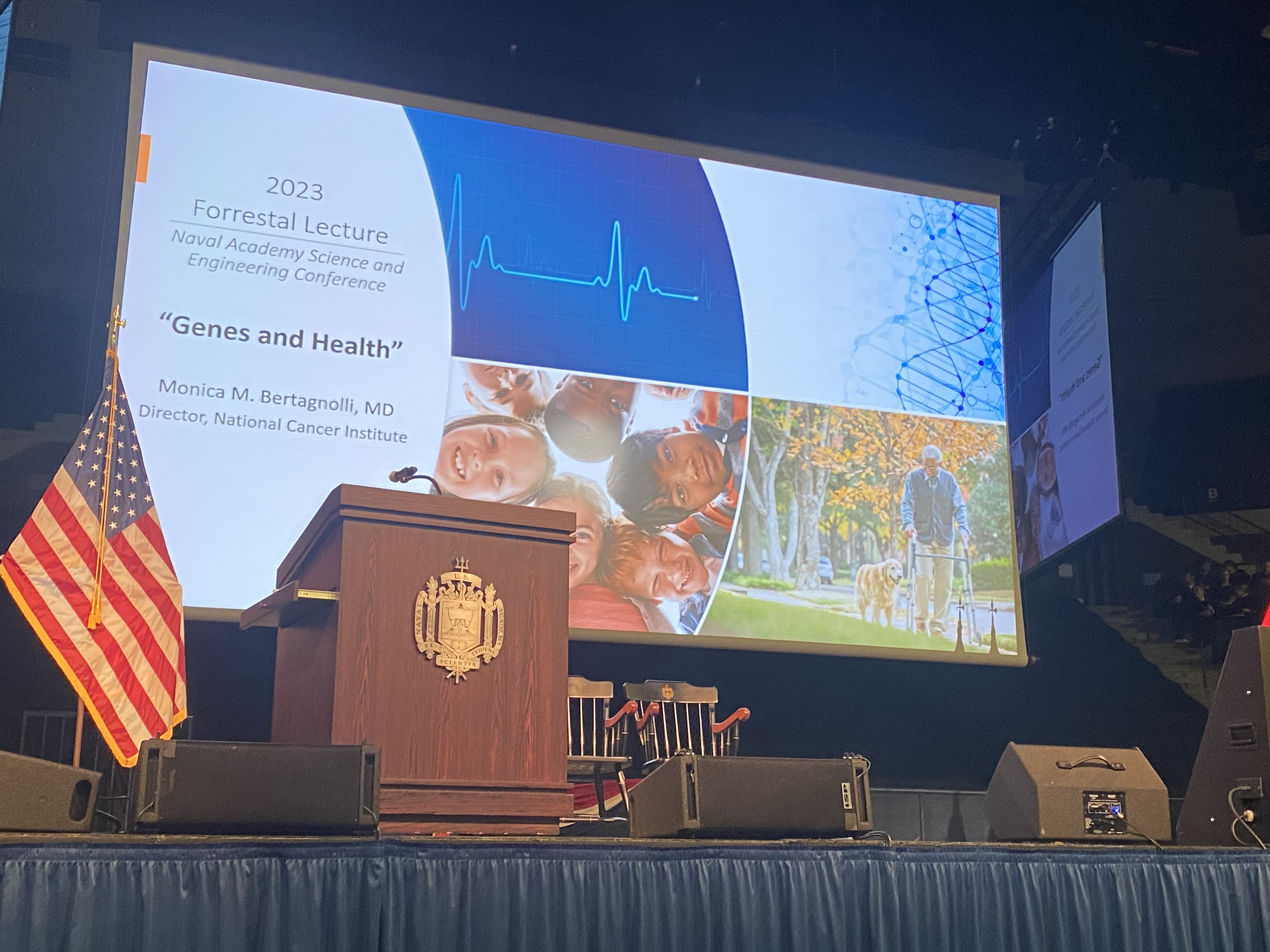
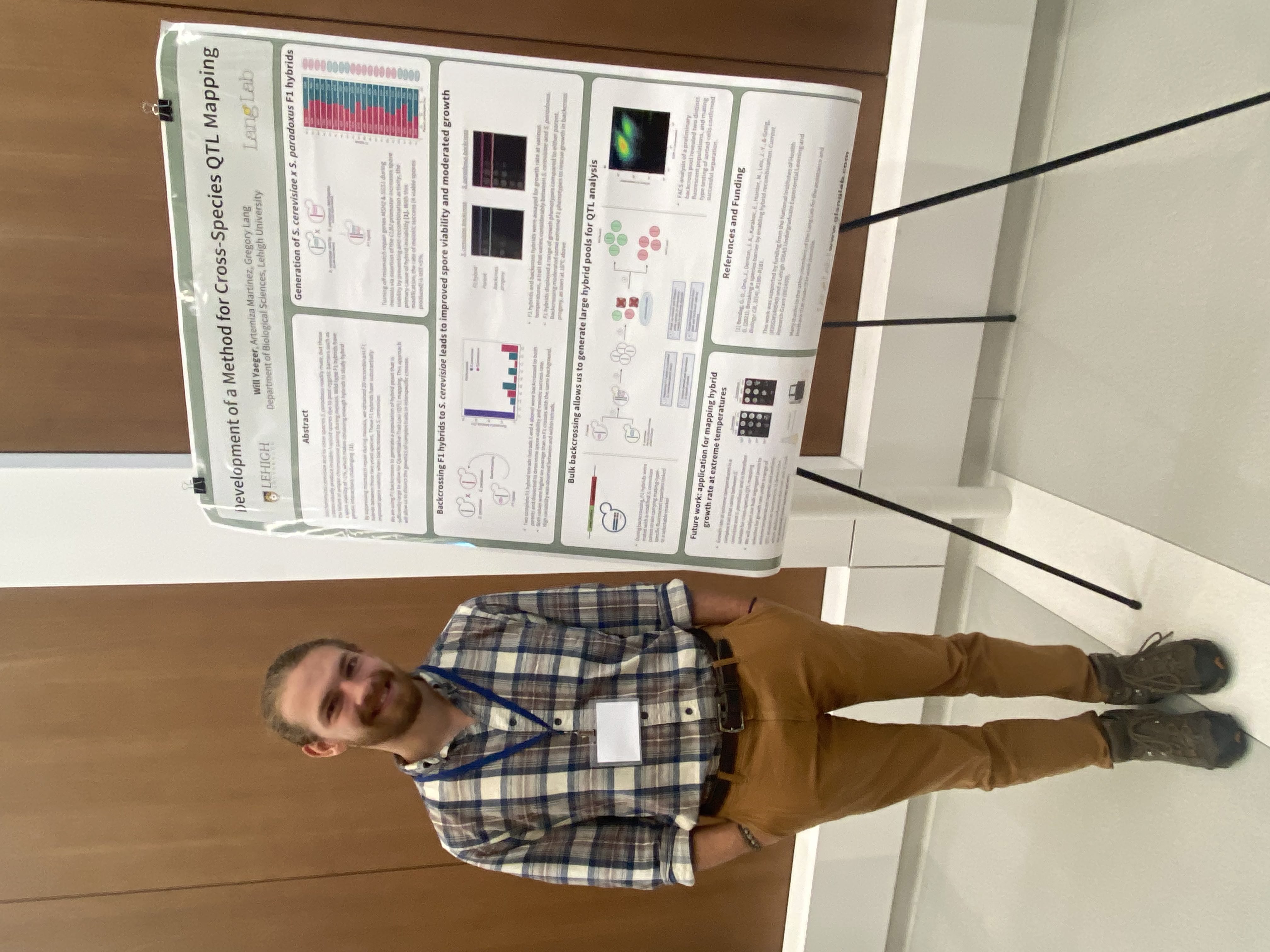
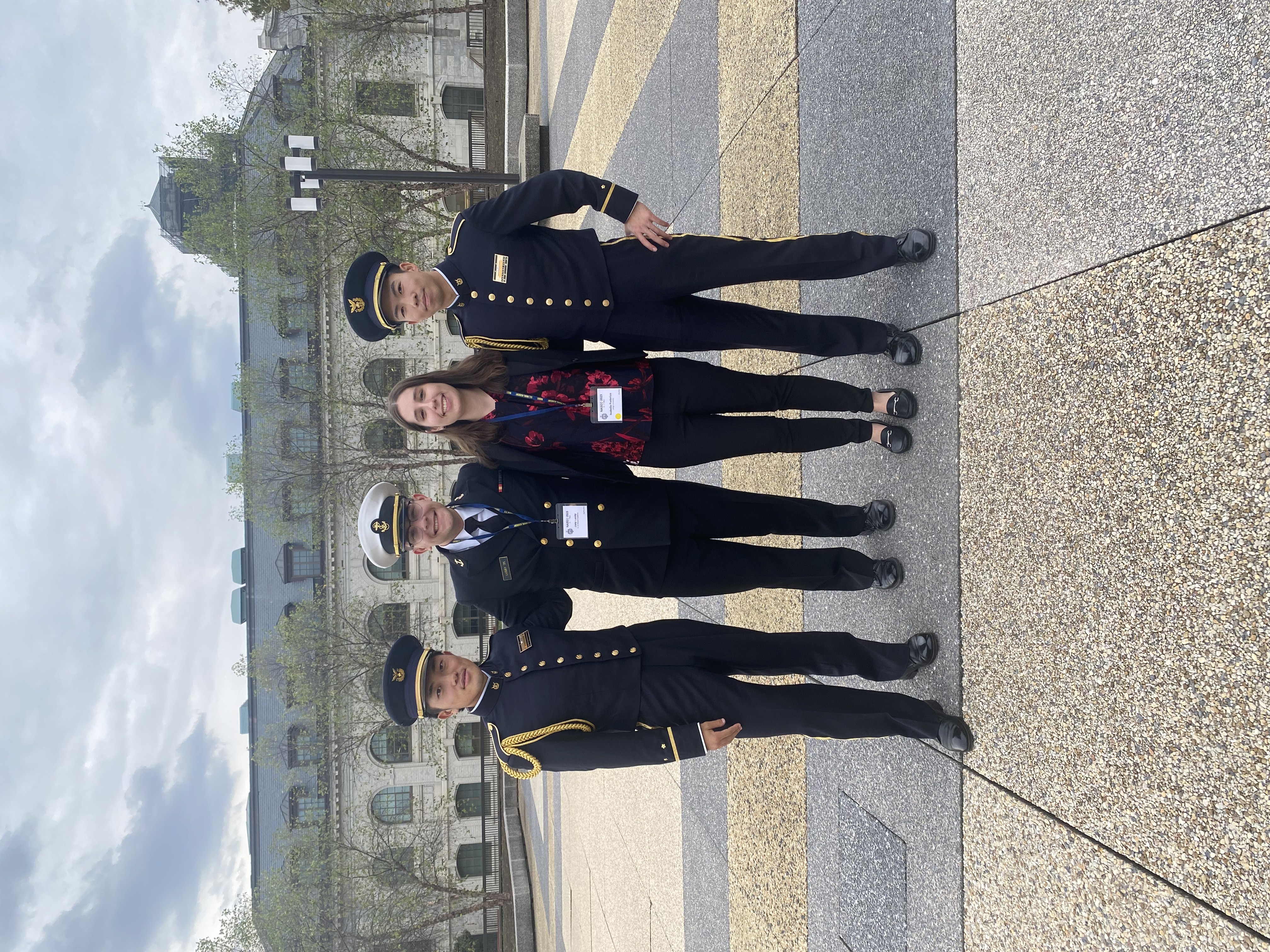
Department/Program:
